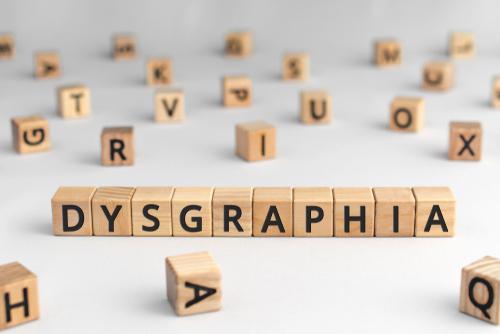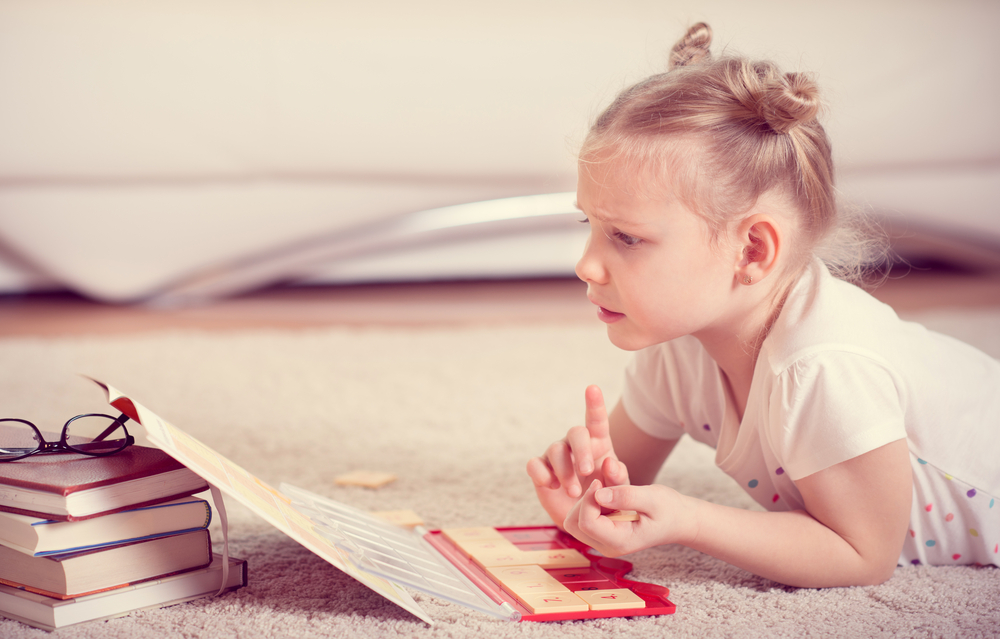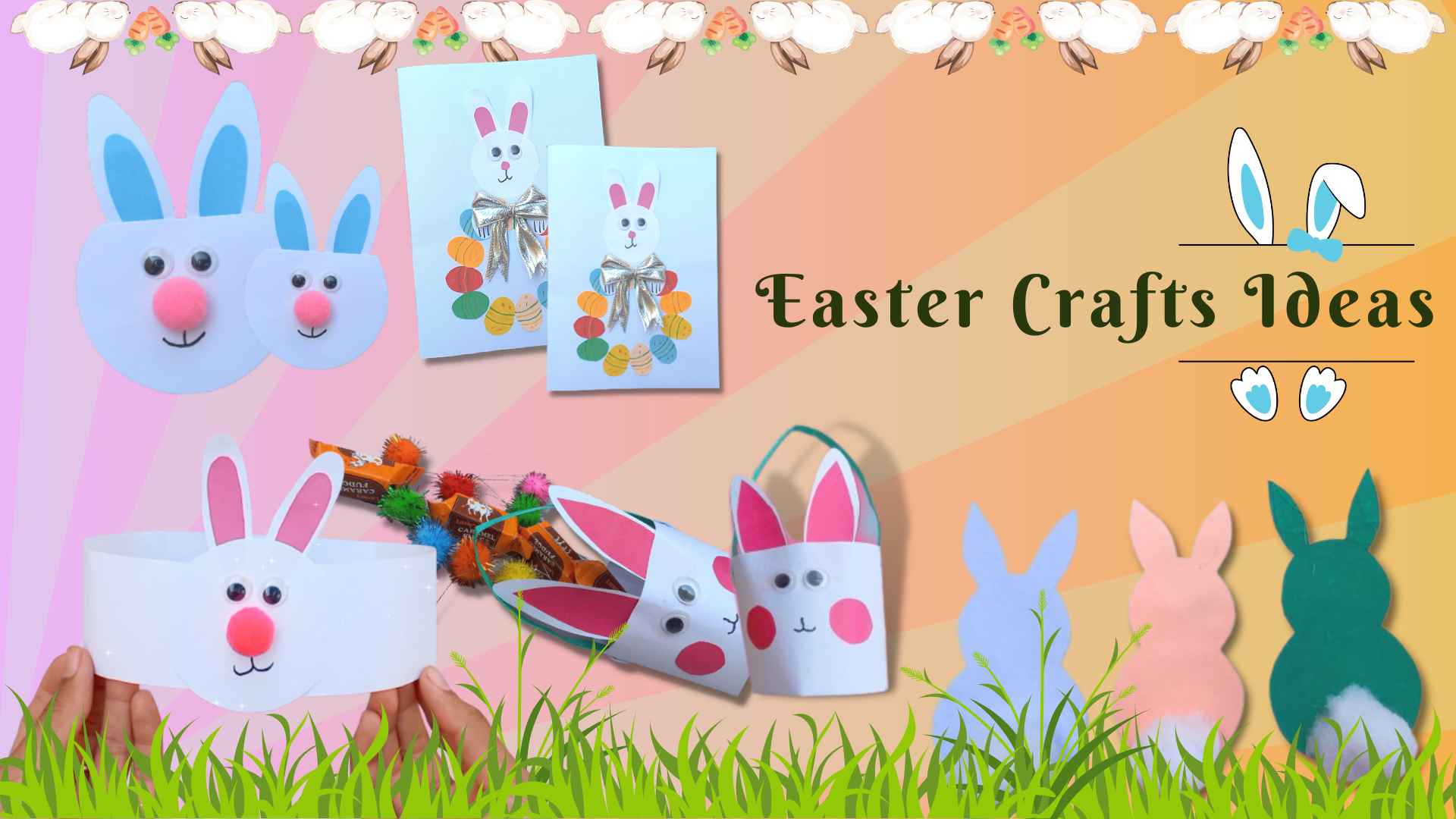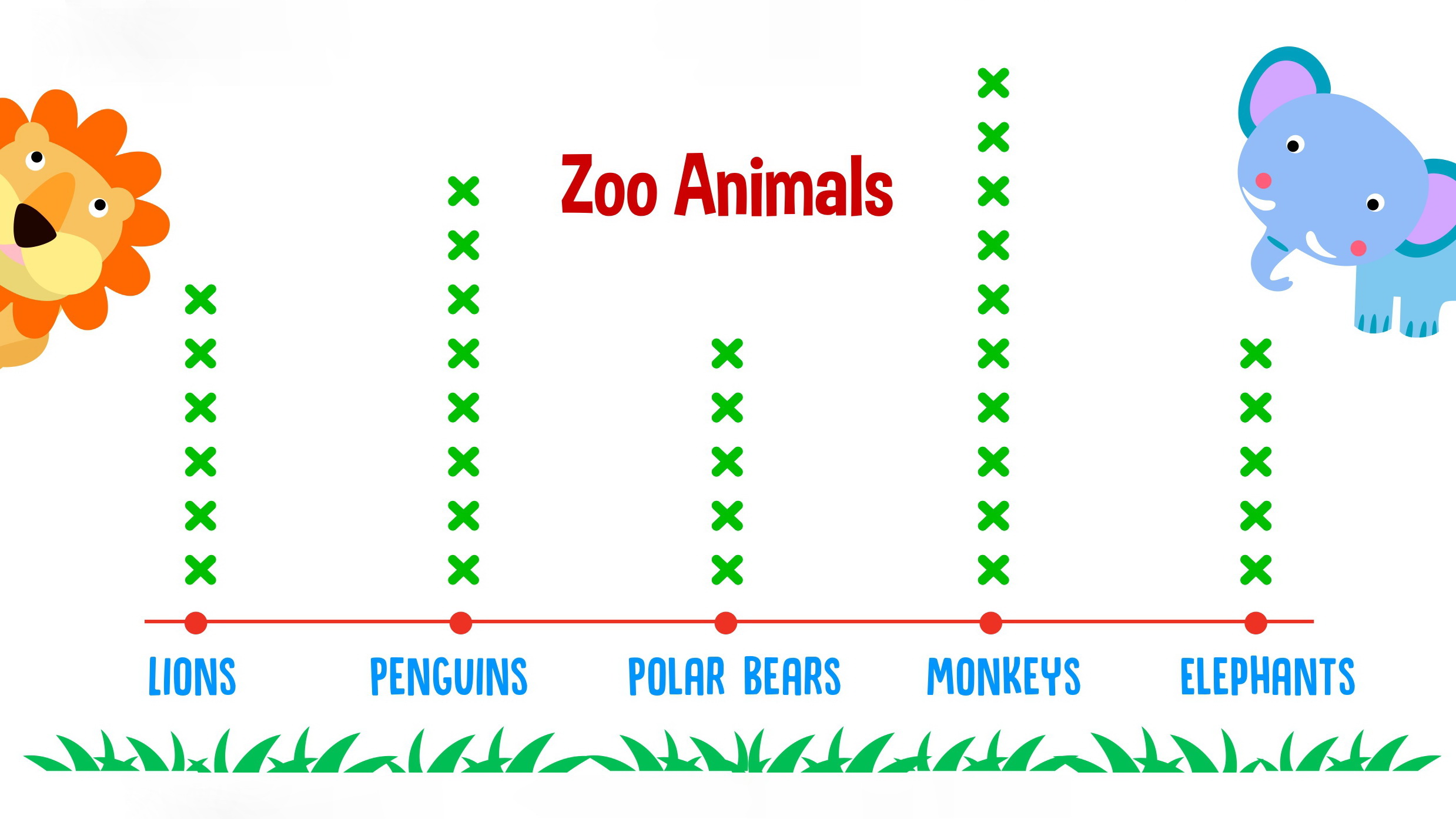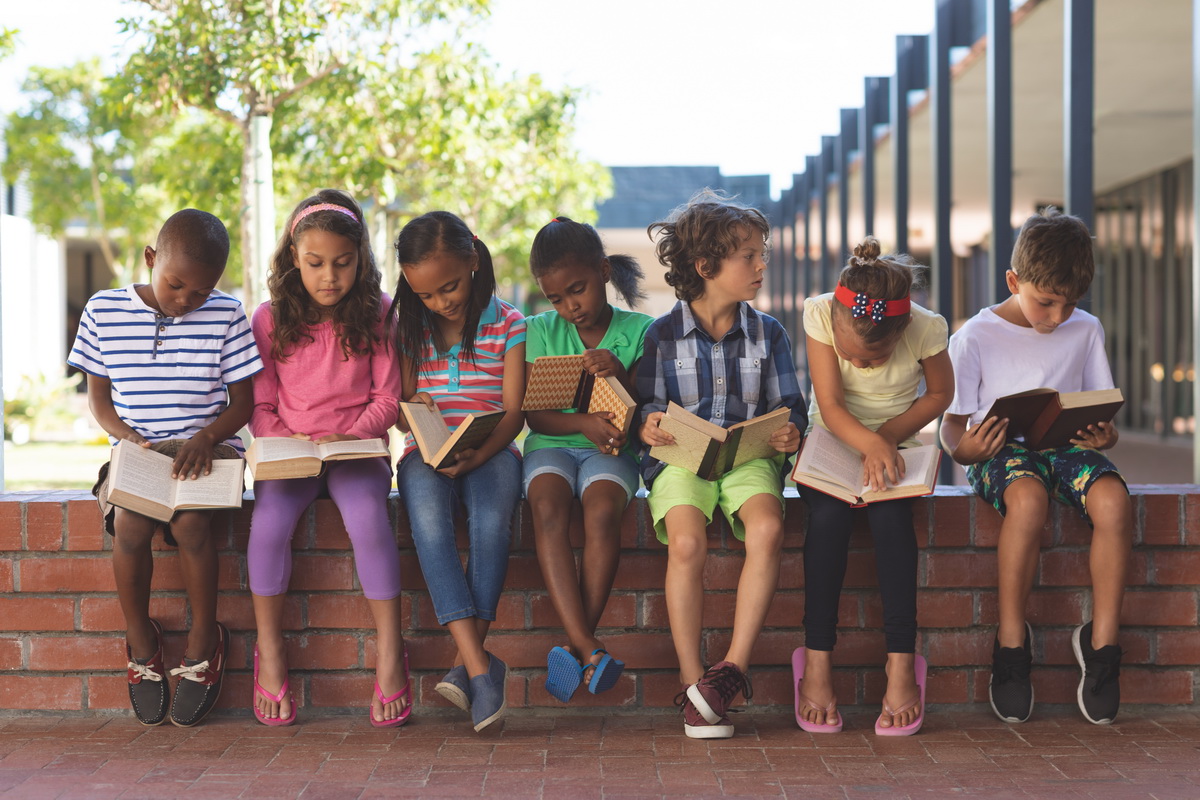Is Your Child Ready to Read? 5 Questions to Ask
July 11, 2018
There’s no shortage of articles online that help us learn when our kids are ready for everything from starting solid foods to potty training. But academic learning is a whole new territory for first time parents of preschoolers, and if kids start working on challenging skills too early, they can easily become frustrated.
It’s important not to push kids that aren’t ready, but it’s also important to know when your child is ready and waiting to get started. So how do you know when your child is truly ready to read? Let’s take a look at the following list of 5 questions to ask to assess reading readiness.

Summer savings won’t last long! Get a massive 60% discount off one of our best apps and download the Talented and Gifted app today. Keep your child’s math skills sharp this summer with a wealth of learning opportunities from Kids Academy!
Is your child interested in reading?
Many parents are perplexed when their toddlers simply aren’t interested in reading. Sometimes kids go through phases where they just don’t want anything to do with a book. This could be due to the developmental age of the child, as some kids would rather run around and play instead of sitting and listening to a story.
Since this is completely normal, and most kids eventually come around and begin showing interest in books, it’s important to recognize if your preschooler enjoys listening to stories. The number one sign of reading readiness is that your child wants to learn to read. If your child is not yet to that point, it’s better to wait, and simply find ways to increase interest, like taking your child to the library, and allowing him or her to choose books that might interesting.
If your child loves reading books with you, it’s time to start think about print awareness. Does your child understand that printed words in the book represent speech? Does your child know the difference between the front of the book, and the back? These questions help assess whether kids are ready to learn reading, or if they’re still forming early concepts about reading from a book. If you answered yes to all of the above, it may be time to give reading a go!
How well can your child play with sounds?
If your child can’t identify tricky sounds in words, that’s not unusual. But how well can your child recognize and create rhymes? To begin reading, kids must understand that letter sounds form words in print. If your child seems to need work when it comes to letter sounds, practice rhymes in sounds and games. You can even find printable reading worksheets that help kids learn to explore rhymes.
If your child has already mastered rhymes, begin teaching your child about syllables. Counting syllables in words is a concrete way of teaching kids about the sounds that make up words. It also allows kids to get physical by clapping, or even jumping and stomping. Get your kids active and excited about syllables, and your child will be ready to read in no time!
Does your child know —and can recognize— most letters of the alphabet?
Many kids learn to recite the alphabet as soon as 2 years old, but can your child recognize the letters in print? One important prerequisite to reading is just being able to recognize letters and start to associate sounds with those letters. Some letters are tough to remember, but as long as your child can recognize most upper and lower-case letters, he or she might be ready to learn sounds associated with those letters.
A good place to start would be with the letters that make up your child’s name. Kids are always more interested if what they learn is relevant to them, so your child will be highly motivated to learn the first letter of his or her name. Consonant sounds are also a great place to start because they’re easy to say and hear. If your child can recognize most letters, and begin to recognize sounds in words, your child is probably ready to begin reading.
Does your child remember details of stories?
There’s no sense teaching a child to read, if they aren’t able remember what they read well enough to understand it. One important question to ask is if your child can remember a story, and even retell it to you when asked. If your child can follow along in a story, remember main events, and retell his or her own version of the story, your child is ready to begin reading.
On the other hand, if your child struggles to follow along, you might want to take a step back, make sure the books you’re using are simple, and ask questions while you read to ensure that your child is understanding what you read to them. Alternatively, learn to read apps are great for offering simple stories, and many are narrated so that you can stop the recording, and ask your child about the story. Using a combination of reading apps and old-fashioned books will help your child learn to read because kids need a variety of ways to learn skills.
Can he or she recognize common words used in logos or brand names?
Recent studies show that kids as early as 3 years old are able to recognize logos and popular brand names. While you might not love the fact that your child can recognize every new Disney toy advertised on YouTube Kids, the ability to recognize logos and brand names are a sure bet that your child has assigned meaning behind a grouping or words or a symbol. If your child is able to tell that the truck headed down the road has a McDonald’s logo on it, or your child can recognize Walmart just by pulling up to the building, he or she might be ready to learn sight words since he or she has already ascribed meaning to those words and logos.
Think about the brands your child loves, or the stores your family frequents. The next time you head out, quiz your child to see if he or she can recognize logos and brand names. Don’t expect him or her to get every single one, but if your child can recognize high frequency brands in the environment, your child might be ready to learn to read.
When it comes to children learning reading, it’s important to ensure that kids are ready before they undertake such a complex learning task. Otherwise, kids burn out at an early age, and form unneeded negative associations with school and learning. If you think your child is ready, start with sight words and sounds. And don’t forget that learning to read is a lengthy process, but also a rewarding one once your child is developmentally ready!



